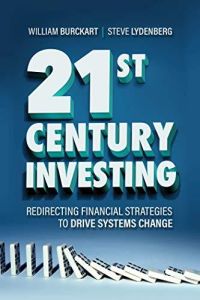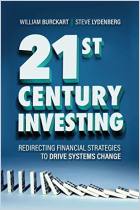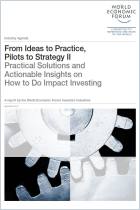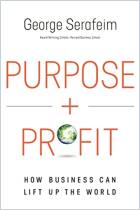Únase a getAbstract para acceder al resumen.

Únase a getAbstract para acceder al resumen.
William Burckart and Steve Lydenberg
21st Century Investing
Redirecting Financial Strategies to Drive Systems Change
Berrett-Koehler, 2021
¿De qué se trata?
Here’s a new idea: Investors prosper when everyone in society prospers.
Recommendation
If you find yourself shaking your head at Wall Street’s myopic obsession with quarterly numbers, or shaking your fist at free-market acolytes who disavow any social responsibility on the part of corporations or investors, this is the book for you. Investment advisers William Burckart and Steve Lydenberg make a case for a new type of investing. In their “system-level” approach, allocating assets isn’t about short-term profits but about making societies and economies more just and, ultimately, more stable. While the authors don’t offer a precise playbook for changing the prevailing mind-set on Wall Street, they do explore the many institutional investors that are placing their values first.
Summary
About the Authors
William Burckart leads the Investment Integration Project and is a fellow at the High Meadows Institute. Steve Lydenberg is the founder of the Investment Integration Project and a partner at Domini Impact Investments.

















Comment on this summary